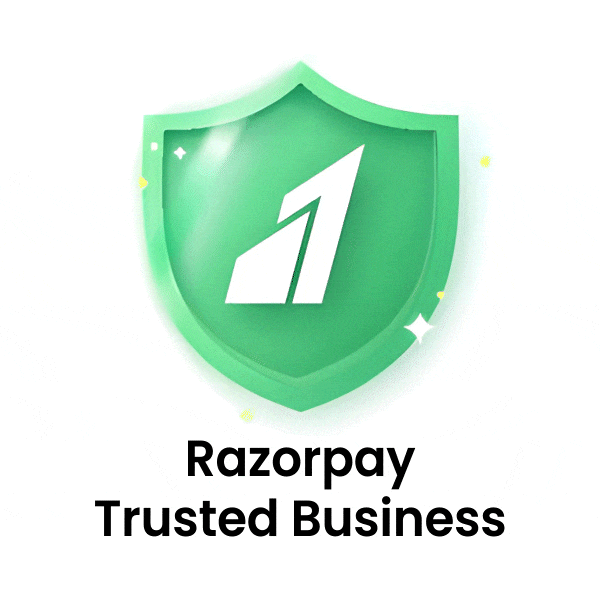How do we know it is organic?
Bio Basics ensures that all produce we procure is genuinely organic by following a 4 -step due diligence process.
- We enlist only those organic farmers/groups who are recommended by our existing base of organic farmers or those in the organic farming movement in India.
- We insist on a farm visit and a mandatory farmer interview. Our team is trained enough to conclude after the visit and the interview whether the farmer/farm is genuinely organic or not.
- We encourage the farmer to certify his farm. Organic Certification is costly for most individual farmers, so we don't insist on it. Many of the products Bio Basics offers are Certified Organic by a Third-party Certifying Body.
- Product testing - we test random samples from the farmers' produce and send it to NABL accredited laboratories to test for presence of chemicals and also, for nutrition testing.
To us, meeting the farmer and seeing the farm is the strongest and most personal way of ensuring if their produce is genuinely organic, because in person, we come to know the farmer and his intent better. So we make it a point to invariably do that, not just once at the time of enlisting, but also on an ongoing basis. We admit that at the end of the day, it is a matter of trust. No certification (which is usually once a year verification), or no product testing (which can only be done on samples) can guarantee that no chemicals have been actively used. And we do trust all our farmers or farmer groups. Most of these groups are NGOs working with a large number of farmers for over 10-20 years, much before consumers were even aware of organic food. They are committed to it because they care for the environment, the health of the farmer's family and their livelihoods.
The larger question that all of us should ask ourselves is: How do we know any product/service is what it claims to be? For instance, when we admit our children in a school, how do we know if it is what it claims to be? When we choose to go to a doctor/dentist, how do we know if he/she is what he/she claims to be? For one, we go with references of our friends/family or other well-wishers. Second, we do our own due diligence, we visit the doctor/school, ask questions, think about their responses and then take a judgement call on whether we should go with them or not. Ultimately, no certification or testing will help us there. Nor do we ask them for their certificates/credentials, do we? So ultimately, it is our judgement call based on our reading of the product/service provider. Unfortunately, food products don't look or smell or feel different when treated with/without chemicals. So it is for us to find out more, by asking questions, judging if the responses to our questions are genuine and checking whatever/whenever/however you can. The concept of Caveat emptor (Buyer beware) applies here, like in the case of any product or service, which requires that the buyer take steps to assure him/herself about the product and its safety/quality.
Also, here is another way to think about this. If we were to come across say, organic tomato and non-organic tomato, both at the same price, which one would we choose? Without questions, most of us would choose the organic variety. That shows that it is not whether something is organic or not that bothers us, it is the fact that we hesitate to pay more for a claim we cannot verify.
Finally, the logic that we go by is that any item which is NOT claiming to be organic, by definition, has been exposed to chemicals. When we choose something marked as organic, it can at worst be as bad or as good as the "non-organic" option. It would logically not be worse than that NOT claiming to be organic. If you are a consumer concerned about the genuine-ness of the product being organic, then this logic should be good enough. But some consumers are not satisfied with this, because they feel "cheated" that someone is selling chemical food, under the garb of organic food at a premium. For them, it is more about "not being cheated" and not paying a higher cost. Our suggestion to such consumers is to prioritize what you want from food - immediate savings or long-term health. Cheap food kills - kills the farmer today and us tomorrow. There is no "cheap and best", it is either cheap or best. Simple.


